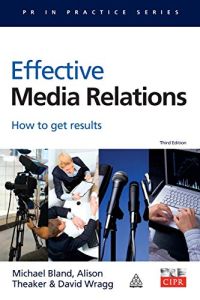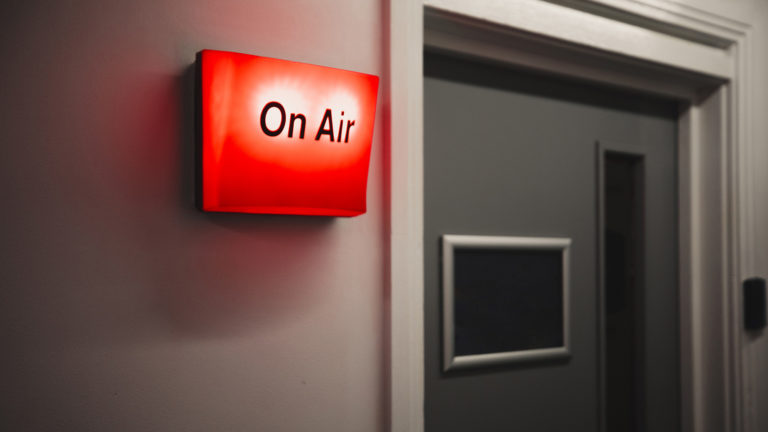Join getAbstract to access the summary!

Join getAbstract to access the summary!
Michael Bland, Alison Theaker and David Wragg
Effective Media Relations
How to Get Results
Kogan Page, 2005
What's inside?
To succeed at PR, learn the history and personality of particular media outlets so you can give them what they want.
Recommendation
This book provides a basic introduction to working with the print and broadcast media in the United Kingdom. It starts with an overview of modern press history, including major developments in Germany and France. While this section of the book is interesting and informative, its relationship with the rest of the content is somewhat unclear. The book’s hands-on value emerges when the narrative moves onto practical questions, discussing how to deal with print reporters, hold press conferences, issue press releases and prepare for TV and radio interviews. First-timers will appreciate the helpful checklists in this section. getAbstract recommends this elementary media relations book to new staffers who are working with the media, particularly in the U.K., and to those who are intrigued by media history.
Summary
About the Authors
Michael Bland is a corporate communication consultant and journalist. Alison Theaker worked in public relations and now teaches PR as a senior lecturer at Marjon College, Plymouth, England. David Wragg, formerly a writer for British newspapers, is a consultant and the author of 30 books, including six on public relations.

















Comment on this summary